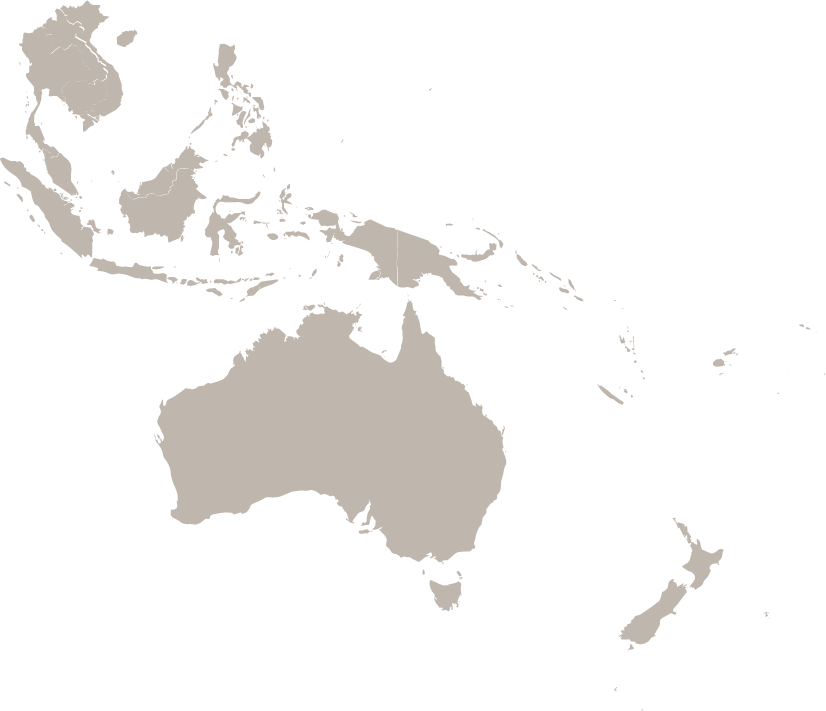Though there are many more examples of the work the CCs do, I hope you got some sense of URI’s people and good work in my last report.
In this report I am going to tell a story of one extraordinary young man working to make a difference for his tribe in the Philippines. Datu Lanelio T. Sangcoan is the Founding Chairman of a CC in southern Philippines just north of war torn Mindanao. The CC is an indigenous peoples’ led non-government organization. Lanelio is 30 years old and has wife and a 6 month old daughter. He is indigenous to a tribe of about 20,000 living in 8 contiguous tribal areas in the jungle north of Mindanao. The tribal area is accessible only by foot or horseback. There is little contact with the outside world. There is no electricity so no superficial means of communication, no cell phones, no television, no radios. In order to call the tribe or its leaders together, they bang special sticks together in a certain way that the tribe can recognize as a call to meeting. They grow their own food. While they raise some animals, the bulk of the protein they eat is from fishing and animals they hunt in the jungle. They have no weapons other than what they make – primitive spears and bows and arrows, etc. They are self sufficient and to date have had no need for any aid from the outside world. However, the outside world is beginning to encroach on their way of life.
Lanelio is the only person in his tribe EVER to have received any education outside the tribe. He was discovered by a researcher from a Philippine university who was studying his tribe. The researcher saw that Lanelio was extraordinary, smart, and a leader, and recognized that in order for the tribe to survive they needed to begin to understand the ways of the outside world. Lanelio was the person to lead that effort. After much discussion with Lanelio, his family and his tribe, it was agreed that Lanelio would leave the tribal system to obtain an education, which he did. With lots of perseverance through the very strange outside world where he was persecuted and looked down upon, where he had to learn a language very foreign to him, where he had to learn to write, a foreign concept to him, and he had to face many other obstacles, he finally graduated from university and ended up teaching indigenous studies at the university.
Having developed an understanding of the world outside his tribe, Lanelio recognized that things would have to change for his tribe to survive in any form. He recognized that rather than wait for the outside world to overwhelm his tribe and its way of life, they had to come up with their own plan of what they needed to do so that they could at least influence the change. Under Lanolin’s guidance the tribe decided to work to develop an eco-tourist global multi-cultural village on the perimeter of the tribal area that would be comprised of an interfaith and indigenous people education center and retreat. Working with various government agencies to develop this village, under Lanelio’s leadership the tribe has donated property for the village and has developed a layout and a business plan. To help develop the education center, Lanelio is in the process of establishing a URI CC to gather together people of various religions to work out the details of and to ultimately manage the center once it is complete. The overriding objective of the village is to include facilities and capacity to educate the young people of the tribe, to provide them the resources necessary to cope in the outside world while maintaining the history, culture and values of the tribe. At the present, Lanelio and his tribe are working to raise capital and to put together a development team to make the village come to fruition.
Sitting in the relative tranquility of our comfortable lives in the United States, it is hard to comprehend some of the issues people face in other parts of the world where it is not so tranquil. For me meeting and beginning to get to know people like Lanelio, Ahmed, Sam An, and Pheng Saochheng; hearing the issues they face and what they are doing to improve their lives and the lives of their families; and making their communities better places to live humbles me. And when they tell me that being a part of URI is a critical component of what will help them accomplish their goals, it inspires me to work harder to build URI so that it can grow and help to make theirs and ours a better world.
